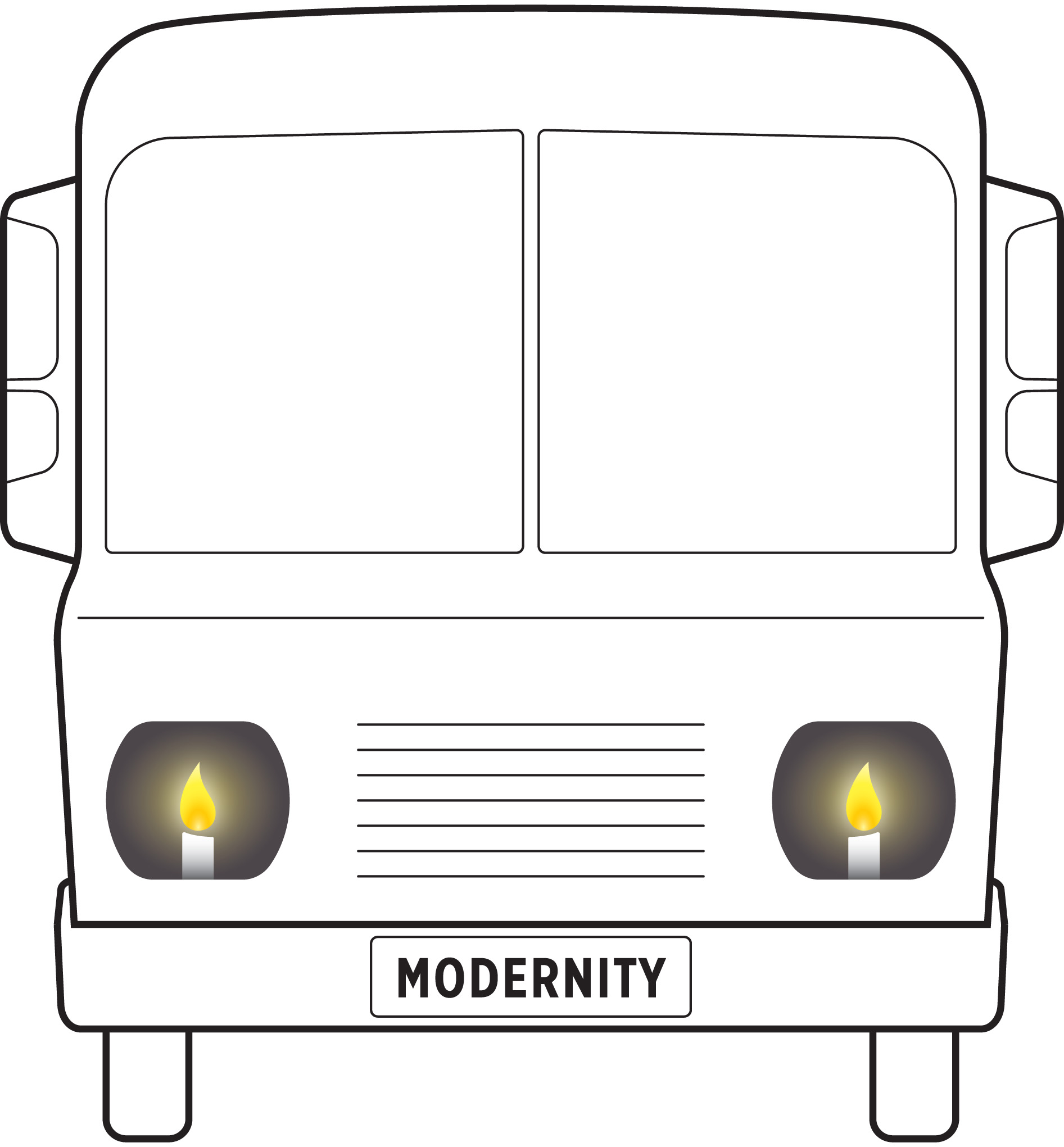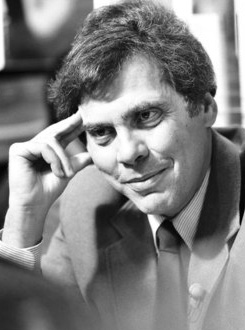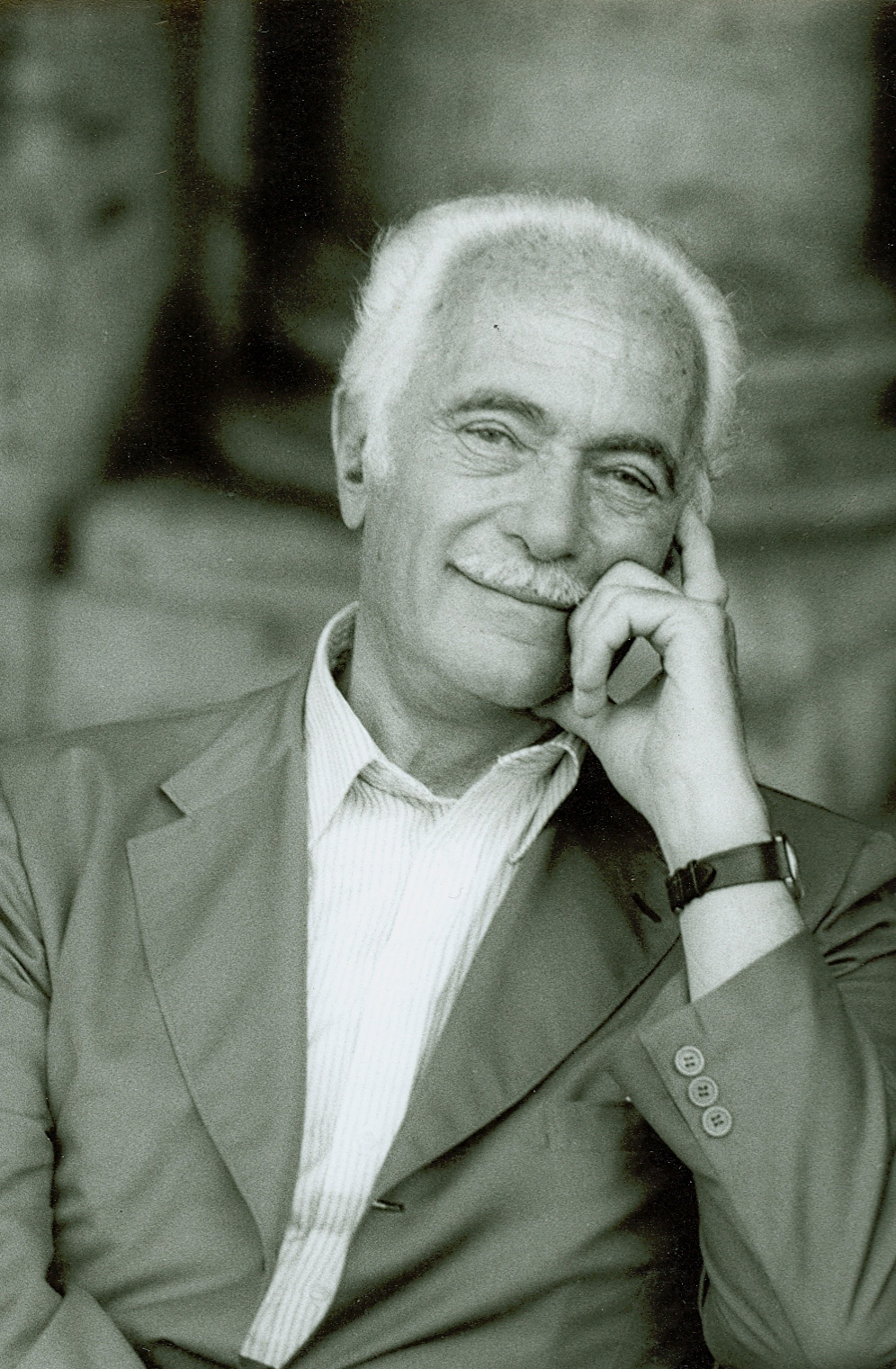Difference between revisions of "Old Holotopia"
m |
m |
||
| Line 92: | Line 92: | ||
<p> | <p> | ||
The Club of Rome insisted that lasting solutions would not be found by focusing on specific problems, but by transforming the condition from which they all stem, which they called "problematique".</p> | The Club of Rome insisted that lasting solutions would not be found by focusing on specific problems, but by transforming the condition from which they all stem, which they called "problematique".</p> | ||
| + | <blockquote>We conceive the Holotopia <em>prototype</em> as a way to <em>federate</em> The Club of Rome's vision and mission.</blockquote> | ||
</div> </div> | </div> </div> | ||
| Line 112: | Line 113: | ||
</div> </div> | </div> </div> | ||
| + | |||
| + | <div class="row"> | ||
| + | <div class="col-md-3"><h2>A strategy</h2></div> | ||
| + | <div class="col-md-7"><h3>We focus on "changing course"</h3> | ||
| + | <p>What can make a <em>large enough</em> difference to <em>really</em> make a difference?</p> | ||
| + | <p>The <em>holotopia</em> strategy is suggested by its name—it is to focus on changing the entire <em>order of things</em> from which our problems emanate. As The Club of Rome recommended.</p> | ||
| + | <p>Such a strategy can and needs to be pursued through radically changed awareness and values. And through collaboration, not conflict.</p> | ||
| + | |||
| + | <h3>We foster new thinking to <em>enable</em> solutions</h3> | ||
| + | <p>Our value proposition is not to replace the most worthwhile initiatives that are focused on specific problems, but to complement them. And by doing that—to vastly augment their chances to succeed.</p> | ||
| + | |||
| + | |||
| + | <p>Pecei wrote:</p> | ||
| + | <blockquote> | ||
| + | <p>"The Club of Rome also realized that our generations, swollen with pride in our technological triumphs, must regain <em>the sense of human responsibilities</em> that I have already mentioned. On this point, let me digress briefly.</p> | ||
| + | <p>For some time now, the perception of these responsibilities has motivated a number of organizations and small voluntary groups of concerned citizens which have mushroomed all over to respond to the demands of new situations or to change whatever is not going right in society. These groups are now legion. They arose sporadically on the most varied fronts and with different aims. They comprise peace movements, supporters of national liberation, and advocates of women's rights and population control; defenders of minorities, human rights, and civil liberties; apostles of "technology with a human face" and the humanization of work; social workers and activists for social changed; ecologists, friends of the Earth or of animals; defenders of consumer rights; non-violent protesters; conscientious objectors, and many others. These groups are usually small but, should the occasion arise, they can mobilize a host of men and women, young and old, inspired by a profound sense of the common good and by moral obligations which, in their eyes, are more important than all others.</p> | ||
| + | <p>They form a kind of popular army, actual or potential, with a function comparable to that of the antibodies generated to restore normal conditions in a biological organism that is diseased or attacked by pathogenic agents. The existence of so many spontaneous organizations and groups testifies of the vitality of our societies, even in the midst of the crisis they are undergoing. Means will have to be found one day to consolidate their scattered efforts in order to direct them toward strategic objectives."</p> </blockquote> | ||
| + | |||
| + | <h3>We begin with information</h3> | ||
| + | <p>Just as building a house must begin with the foundations, changing the whole <em>order of things</em> has its own natural order in which it needs to proceed. As the Modernity <em>ideogram</em> suggested, to change course, we must begin by changing the illumination source, so that the new course may become visible. In the "Age of Information", now turning into "Anthropocene", we urgently need the kind of information that can illuminate the way. </p> | ||
| + | </div> </div> | ||
| Line 185: | Line 207: | ||
</div> </div> | </div> </div> | ||
| − | |||
| − | |||
| − | |||
| − | |||
| − | |||
| − | |||
| − | |||
| − | |||
| − | |||
| − | |||
| − | |||
| − | |||
| − | |||
| − | |||
| − | |||
| − | |||
| − | |||
| − | |||
| − | |||
| − | |||
| − | |||
| − | |||
| − | |||
Revision as of 11:29, 15 June 2020
Contents
Holotopia
Starting anew. For the old text see Old Holotopia.
Imagine...
You are about to board a bus for a long night ride, when you notice two flickering streaks of light emanating from two wax candles, placed in the circular holes where the headlights of the bus are expected to be. Candles? As headlights?
Of course, the idea of candles as headlights is absurd. So why propose it? Because on a much larger scale this absurdity has become reality.
By depicting our society as a bus without a steering wheel, and the way we look at the world and try to comprehend it and handle it as a pair of candle headlights, the Modernity ideogram renders the essence of our contemporary situation.
We need new 'headlights'
The way we see the world
The COVID-19 crisis and its fallout reminded us once again of the connectedness and the vulnerability of the human world. And of the importance of 'headlights'. This crisis is relatively minor—compared to the irreversible changes that are expected to result from, for instance, the climate change. Shall we, in absence of true understanding, resort to age-old scapegoating and blame "lazy people on welfare", immigrant workers, the 1%, the whites or the blacks? Or shall we see our situation in a way that will empower us to comprehend it truly, and resolve it by finding a new course?
We have 'candles' as 'headlights'
How exactly we ended up with a dysfunctional and obsolete way of comprehending the world is illuminating, and we must return to it, however briefly.
Around the middle of the 19th century, our societies began to change by a landslide: Our countries became democracies, our worldviews became scientific and secular, and our lifestyles became mechanized and modern. The way we looked at the world also changed—and then for about a century remained frozen!
During that century, our academic understanding of things of course continued to evolve. But it remained confined to disciplines, which grew and got fragmented into subspecialties, until they lost contact not only with the world at large, but also with one another. Entire academic fields failed to communicate to the world even their most basic insights.
Massive academic publishing made things worse.
And so did the new media, which got appropriated by commercial and superficial actors—who used them to appropriate the public's attention.
Neil Postman described the situation that resulted as follows:
"The tie between information and action has been severed. Information is now a commodity that can be bought and sold, or used as a form of entertainment, or worn like a garment to enhance one's status. It comes indiscriminately, directed at no one in particular, disconnected from usefulness; we are glutted with information, drowning in information, have no control over it, don't know what to do with it."
The KF proposal
The goal of knowledge federation is to restore agency to information, and power to knowledge.
Imagine us as a collection of academic 'cells' who mutated in a new way. Having perceived our society as a bus with candle headlights, we perceived ourselves as (part of) those headlights. Naturally, we began to self-organize differently—to become 'lightbulbs', not 'candles'!
We understood, in other words, that we must use our creativity in a new way; not by merely observing and reporting—but by being and acting differently.
Knowledge federation concretely
We are proposing to establish knowledge federation as a new academic field, and a real-life praxis.
As a new academic field, knowledge federation will (as "applied research") be the 'headlights', and turn academic and other relevant insights into shared vision; and also (as "basic research") create the 'headlights' (the way information and knowledge are handled in our society), and continue to update them continuously, to keep them in sync with relevant insights, technology, and our society's needs.
As a way to operationalize this proposal, we offer to
- establish knowledge federation as a transdiscipline—for which the prototype detailed on these pages is offered as a detailed explanation, and a template ready for implementation
- develop the holotopia prototype as a real-life initiative to change the way we as society see and handle our larger situation at hand, and information and knowledge in particuar—as described here
An application
The Club of Rome's assessment of the situation we are in, provided us with a benchmark challenge for developing the Holotopia prototype. Four decades ago—based on a decade of this global think tank's research into the future prospects of mankind, in a book titled "One Hundred Pages for the Future"—Aurelio Peccei issued the following warning:
"It is absolutely essential to find a way to change course."
Peccei also specified what needed to be done to "change course":
"The future will either be an inspired product of a great cultural revival, or there will be no future."
This conclusion, that our present crisis has cultural roots and must be handled accordingly, Peccei shared with a number of twentieth century's thinkers. Arne Næss for instance, Norway's esteemed philosopher, reached it on different grounds, and called it "deep ecology".
In "Human Quality", Peccei assessed our contemporary situation as follows:
"Let me recapitulate what seems to me the crucial question at this point of the human venture. Man has acquired such decisive power that his future depends essentially on how he will use it. However, the business of human life has become so complicated that he is culturally unprepared even to understand his new position clearly. As a consequence, his current predicament is not only worsening but, with the accelerated tempo of events, may become decidedly catastrophic in a not too distant future. The downward trend of human fortunes can be countered and reversed only by the advent of a new humanism essentially based on and aiming at man’s cultural development, that is, a substantial improvement in human quality throughout the world."
The Club of Rome insisted that lasting solutions would not be found by focusing on specific problems, but by transforming the condition from which they all stem, which they called "problematique".
We conceive the Holotopia prototype as a way to federate The Club of Rome's vision and mission.
A vision
What new 'course' shall we see, when we use knowledge federation to 'illuminate the way'?
The holotopia is an astonishingly positive future scenario.
This future vision is more positive than what the familiar utopias offered—whose authors lacked the information to see what was possible; or lived in the times when the resources we have did not yet exist.
When the evidence offered on these pages has been considered, it will be clear why holotopia is not only "the new black"—but also the new red; and the new green!
Unlike the utopias, the holotopia is readily realizable; we already have all that is needed for its fulfillment.
All we need to do to realize this vision, all that remains for us to do to "change course", is to follow a principle or a rule of thumb, which is suggested by the holotopia's very name.
We must see ourselves as parts in a larger whole; and act in ways that make this larger whole more whole.
But this is exactly the direction the Modernity ideogram is pointing to!
It is also a radical departure from our current course—which emerges as a result of everyone pursuing "his our own interests"; and trusting that "the invisible hand" of "free competition" will turn our self-serving acts into the greatest common good.
A strategy
We focus on "changing course"
What can make a large enough difference to really make a difference?
The holotopia strategy is suggested by its name—it is to focus on changing the entire order of things from which our problems emanate. As The Club of Rome recommended.
Such a strategy can and needs to be pursued through radically changed awareness and values. And through collaboration, not conflict.
We foster new thinking to enable solutions
Our value proposition is not to replace the most worthwhile initiatives that are focused on specific problems, but to complement them. And by doing that—to vastly augment their chances to succeed.
Pecei wrote:
"The Club of Rome also realized that our generations, swollen with pride in our technological triumphs, must regain the sense of human responsibilities that I have already mentioned. On this point, let me digress briefly.
For some time now, the perception of these responsibilities has motivated a number of organizations and small voluntary groups of concerned citizens which have mushroomed all over to respond to the demands of new situations or to change whatever is not going right in society. These groups are now legion. They arose sporadically on the most varied fronts and with different aims. They comprise peace movements, supporters of national liberation, and advocates of women's rights and population control; defenders of minorities, human rights, and civil liberties; apostles of "technology with a human face" and the humanization of work; social workers and activists for social changed; ecologists, friends of the Earth or of animals; defenders of consumer rights; non-violent protesters; conscientious objectors, and many others. These groups are usually small but, should the occasion arise, they can mobilize a host of men and women, young and old, inspired by a profound sense of the common good and by moral obligations which, in their eyes, are more important than all others.
They form a kind of popular army, actual or potential, with a function comparable to that of the antibodies generated to restore normal conditions in a biological organism that is diseased or attacked by pathogenic agents. The existence of so many spontaneous organizations and groups testifies of the vitality of our societies, even in the midst of the crisis they are undergoing. Means will have to be found one day to consolidate their scattered efforts in order to direct them toward strategic objectives."
We begin with information
Just as building a house must begin with the foundations, changing the whole order of things has its own natural order in which it needs to proceed. As the Modernity ideogram suggested, to change course, we must begin by changing the illumination source, so that the new course may become visible. In the "Age of Information", now turning into "Anthropocene", we urgently need the kind of information that can illuminate the way.



